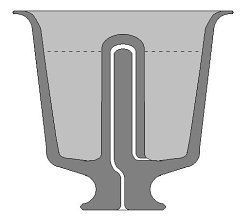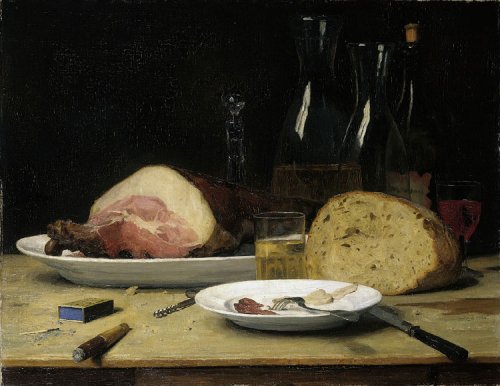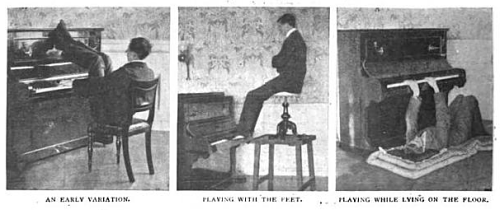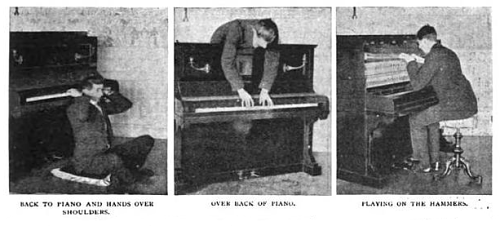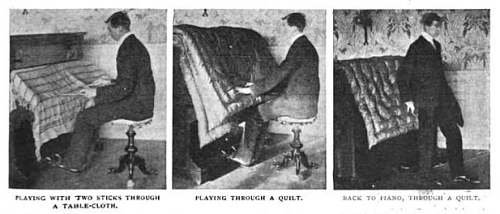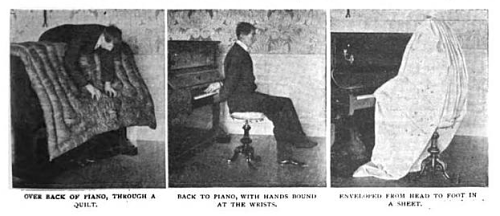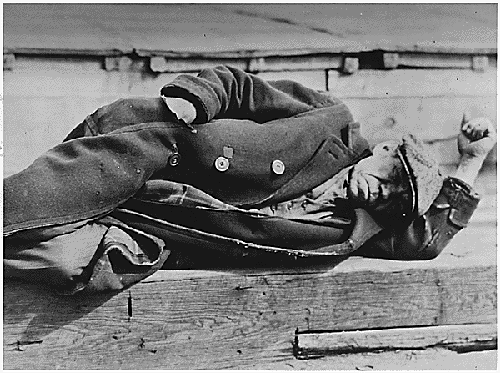About 50 years after Shakespeare’s death, John Dryden’s brother-in-law James Howard rewrote Romeo and Juliet as a tragicomedy in which the lovers are happily married. His production was so unpopular that the play was performed as a tragedy on alternate evenings, but it was enough to inspire a series of dramatists to try their hands at revising the Bard.
British poet laureate William Davenant added dancing and singing to Macbeth, all reportedly “excellently performed, being in the nature of an opera.” In Irish poet Nahum Tate’s 1681 revision of King Lear, the fool is absent, the king survives, Cordelia marries Edgar, and the three sisters are reconciled. In the 1740s, David Garrick raised Juliet’s age to 18, dropped the bedroom scene, removed Rosaline, and added a brief reunion between the lovers in the tomb. (He considered these changes “few and trifling.”)
The one really interesting such idea lay with Lewis Carroll, who dreamed of “Bowldlerising Bowldler,” “i.e. of editing a Shakespeare which shall be absolutely fit for girls.” He planned to “erase ruthlessly every word in the play that is in any degree profane, or coarse, or in any sense unsuited for a girl of from 10 to 15; and then to make the best I can of what is left.” Alas, he never completed the project.
